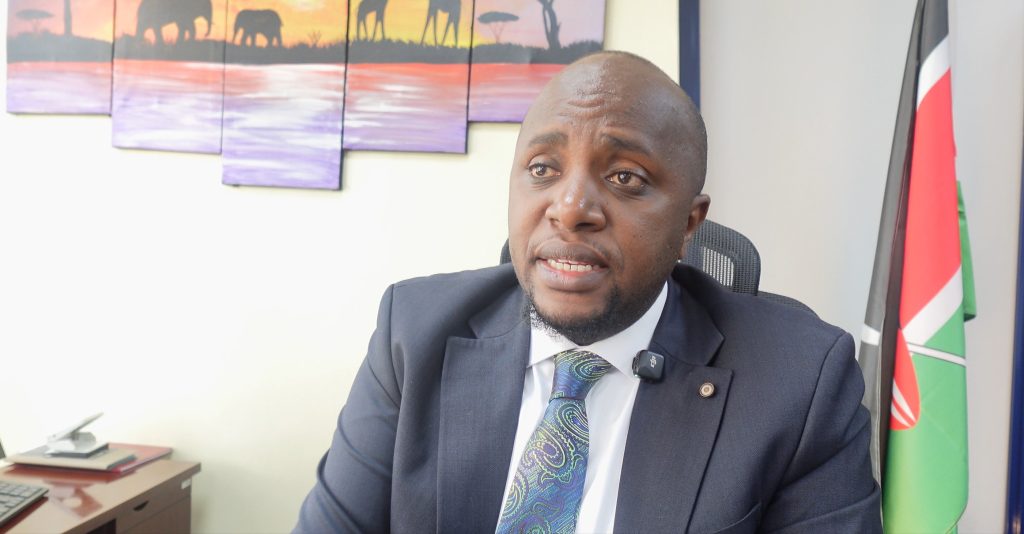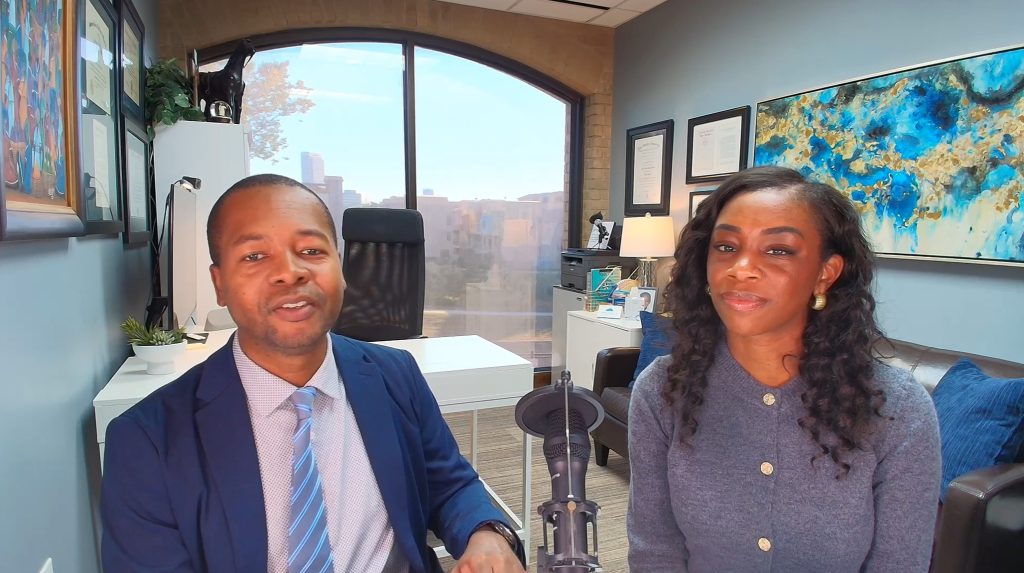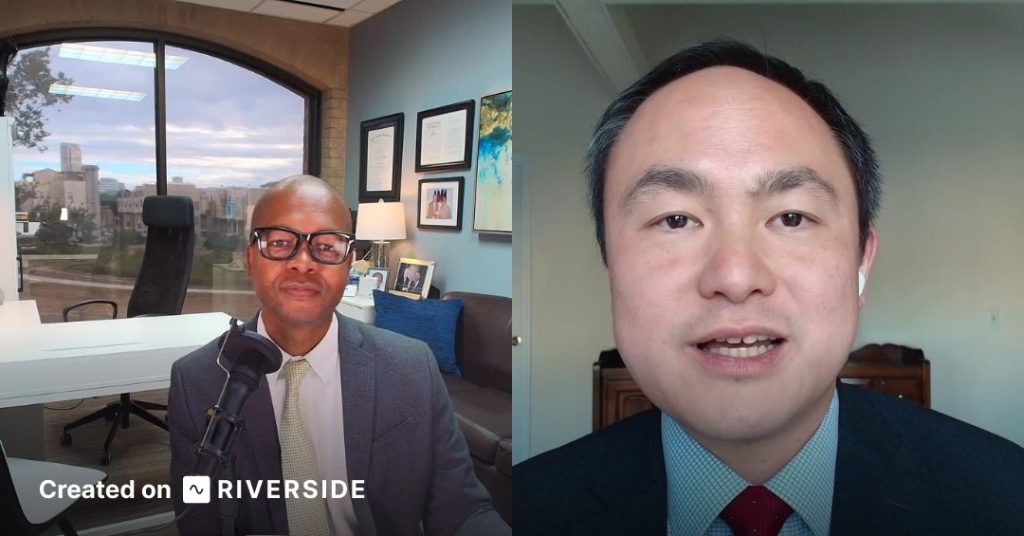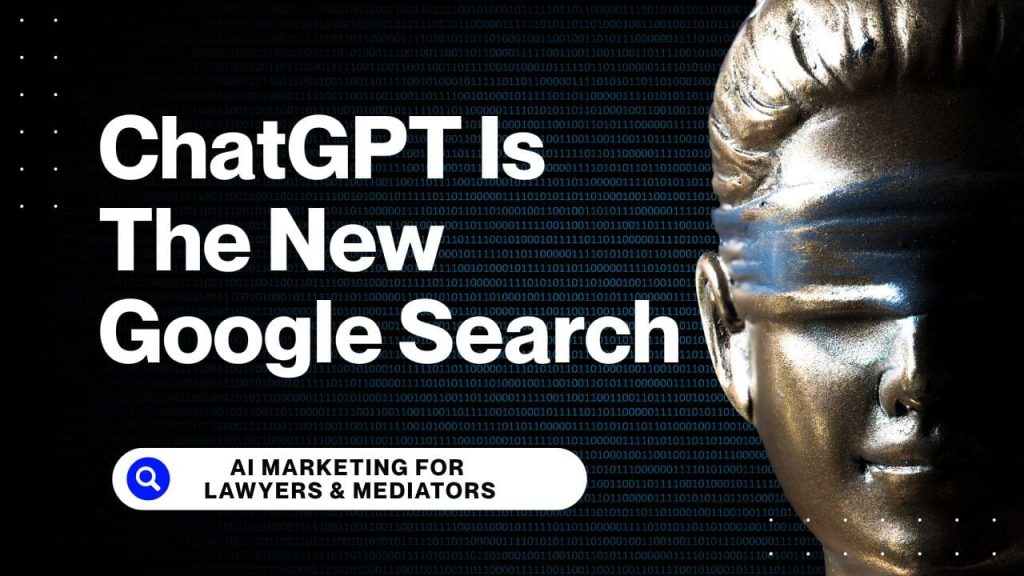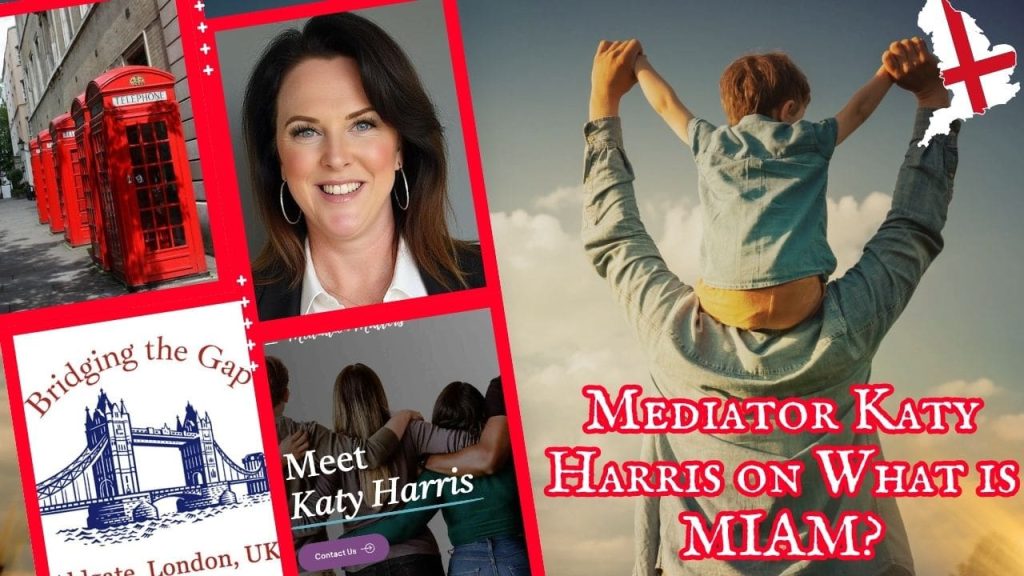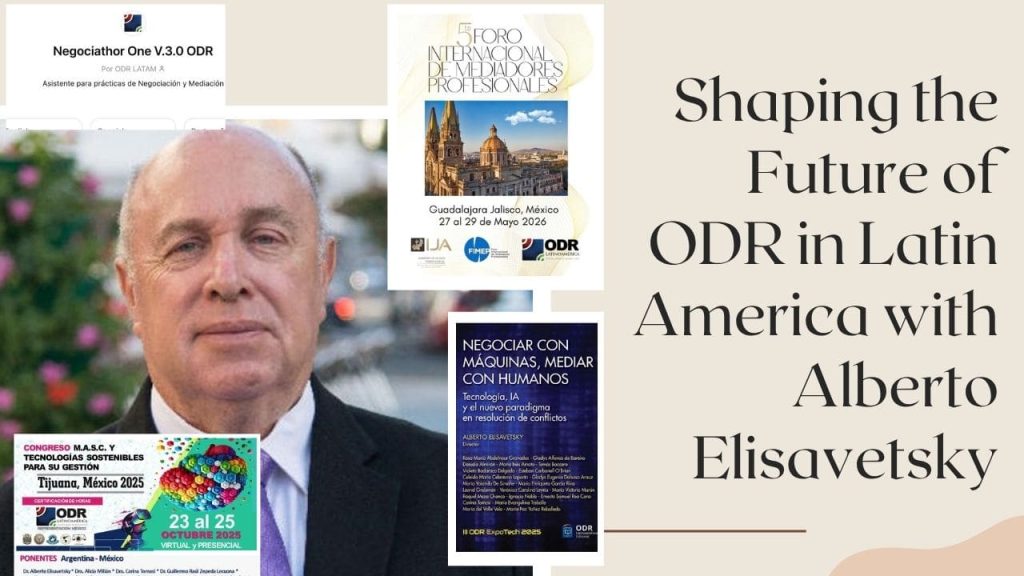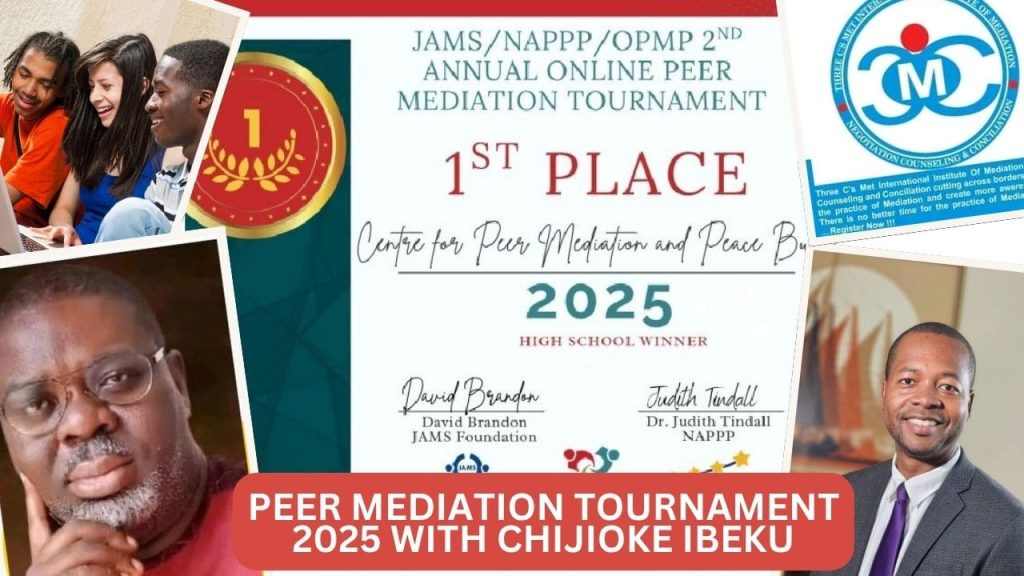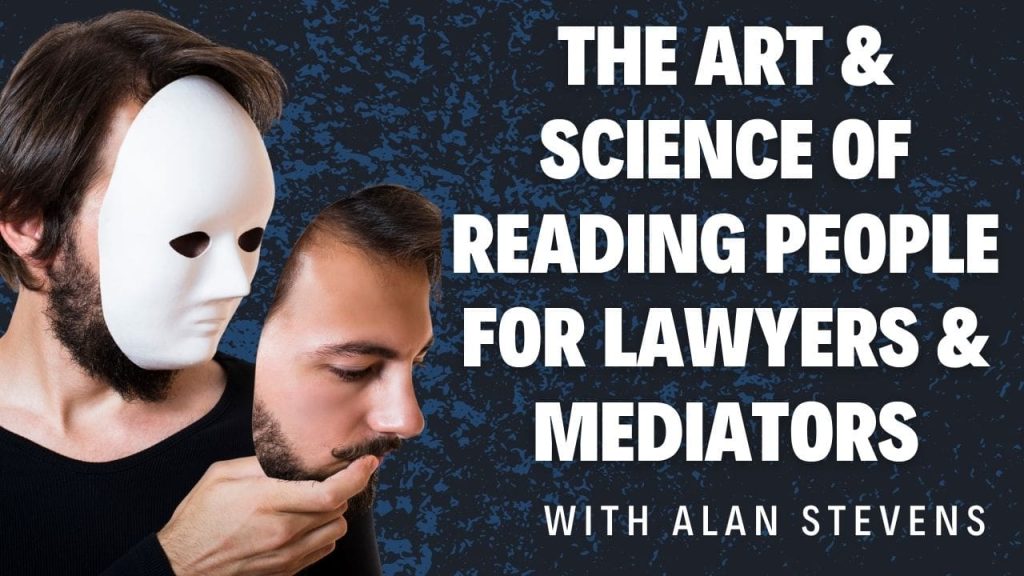In a world where civility in discourse is increasingly rare, an MLK event that provides lawyers with free legal education aims to set a new standard. Hosted by Tom King of Toolkit.law, the 2026 MLK Day CLE event promises to be the largest Martin Luther King-related continuing legal education event in the country. Tom King […]
EP336 Embracing the Future: How Online Dispute Resolution is Transforming Access to Justice in Kenya
In a world where technology is rapidly changing the way we interact and resolve conflicts, Online Dispute Resolution (ODR) is emerging as a game-changer, especially in Kenya. I got a chance to sit down with the chief officer of the Nairobi Center for International Arbitration–Dr. Henri Murigi, to discuss the role of technology in arbitration […]
EP335 Courts Clamping Down on AI Use with Dannielle Simms
Dannielle Simms of SimmsLawGroup.com joined the show to discuss the increasing reliance on AI in legal proceedings, particularly among pro se litigants. We explore the challenges faced by individuals representing themselves in court, the dangers of relying on AI-generated content, and the responses from courts, including new regulations and potential sanctions. The conversation emphasizes the […]
EP334 Different Strategies for Dealing with California Family Cases with Ernest Baello
In this episode, Ernest Baello of Moradi Neuffer (CaliforniaFamilyLawGroup.com) discusses various strategies for resolving family law cases in California. He explores the importance of mediation and collaborative approaches, the realities of court proceedings, and the necessity of being litigation ready. The conversation also addresses the challenges of dealing with bad faith actions in family law […]
Lawyers and Mediators, ChatGPT is the new Google Search
This past Monday evening, I had the opportunity to present at the 13th Annual Conflict Resolution Month speaking series hosted by Sam Houston State University’s Student Legal and Mediation Services. This important initiative, celebrated in October, is a time to promote and raise awareness of mediation and other peaceful means of resolving disputes. It was […]
EP330 What is a MIAM? A Conversation with Katy Harris of MediationMattersMidlands.co.uk
Divorce and separation can be incredibly challenging, especially when children are involved. The traditional court system, often perceived as adversarial, can unfortunately exacerbate conflict and lead to prolonged emotional distress for all parties. But what if there was a better way? Mediator, trainer, and international speaker Katy Harris (LinkedIn) of Mediation Matters Midlands in the […]
EP329 New Rules for Reunification Therapy: Navigating HB 3783 In Texas Custody Cases with John Millard
The world of family law, particularly in Texas custody cases, has seen significant shifts with the implementation of House Bill 3783. This new legislation, effective June 20, 2025, alters how reunification therapy is approached and ordered by courts. In this episode, lawyer-mediator, and former Associate Judge of the 328th Family District Court of Fort Bend […]
EP328 Shaping the Future of ODR in Latin America with Dr. Alberto Elisavetsky
In a recent episode, I sat down with Dr. Alberto Elisavetsky (LinkedIn), a global leader in Online Dispute Resolution (ODR) and the application of AI in conflict resolution, particularly within Latin America. Dr. Elisavetsky, who humbly requested that I call him Alberto, is the founder and president of ODR Latino America, and director of a […]
EP327 International Peer Mediation Competition Results with Chijioke Ibeku
Recently, a team of Nigerian high school students lead by lawyer and mediator Chijioke Ibeku, achieved first place in the 2025 International Peer Mediation Tournament. Chijioke joined me on the LMIPodcast to discuss this achievement. What is Peer Mediation Peer mediation is a specialized form of mediation primarily used in educational settings, such as schools […]
EP326 Understand Human Behavior Through the Art and Science of Reading People with Alan Stevens
In the dynamic world of law and conflict resolution, understanding human behavior is paramount. In this latest episode we feature an enlightening conversation with Alan Stevens, an international profiling and communication specialist, who delves into “The Art and Science of Reading People.” Alan offers invaluable insights for professionals looking to enhance their ability to navigate […]


